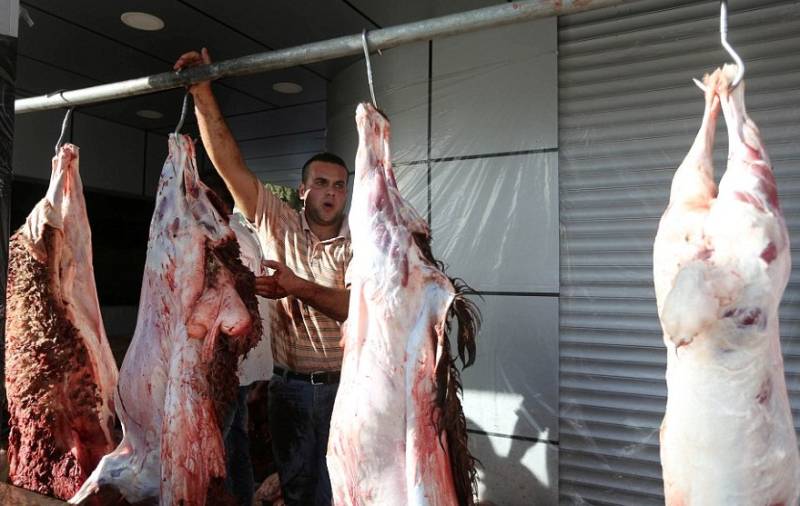ISLAMABAD: As sacrificial animals pour into urban centres ahead of Eidul Azha, health experts warn of the risk of contracting Congo virus from cattle after five people suffering from the illness died in Punjab, with three others now in stable condition.
Health expert Dr Gulzar Malik said that Congo fever could become a grave concern if preventive measures are not taken, and stressed the need to vaccinate cattle with Ivermectin and use an antiseptic spray preceding the slaughter of cattle.
Cows, bulls, goats and other cattle from Khyber Pakhtunkhwa and Gilgit-Baltistan have greater chances of carrying the ticks.
Dr Malik warned traders, buyers, butchers and others coming into close contact with sacrificial animals to adopt precautionary measures.
He emphasised the need for creating awareness of the virus among people visiting animal markets, as well as those handling animal leftovers, particularly the hide.
The virus exhibits symptoms similar to those found in dengue. The only difference, the doctor said, is that Congo virus is caused by ticks while dengue is caused by mosquitoes. The ticks can easily be seen on lighter clothing and removed.
The virus can transfer to human beings from animals, and can be fatal if not treated immediately.
Sikandar Sherwani of the Federal Urdu University of Arts, Sciences and Technology said customers while purchasing a sacrificial animal should keep watch for dull or red eyes and animals suffering from a cough or flu.
Federal Urdu University of Arts, Sciences and Technology Dr Ghulam Fatima advised parents to check sacrificial animals before allowing children to go near them.
"The bugs are usually hidden inside and behind the ears, in the lower part of neck and legs," Dr Fatima said.
She added that meat should be properly cooked to kill the virus if it is present.






